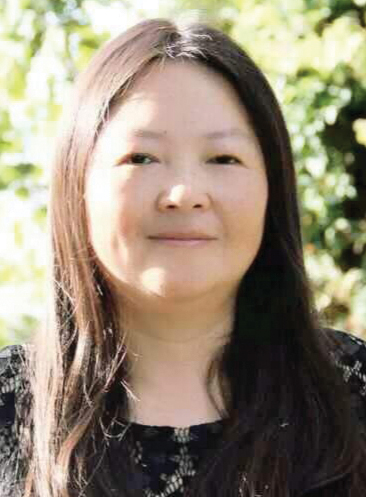
Monterey Institute of Natural Medicine
885 Centre Park Drive
Suite #2F
Columbia, MD

How Acupuncture Can Help Menopause
By Ming Xu, LAc, DOAM
Monterey Institute of Natural Medicine
.
https://www.montereyinstituteofnaturalmedicine.org/
More Acupuncture Articles
How Acupuncture Can Help Menopause

Menopause is a natural process marking the end of reproductive years in women, typically between ages 45 and 55. It’s characterized by permanent cessation of menstrual periods and various symptoms that women may experience. Here are 15 common signs and symptoms of menopause:
- Irregular periods
- Hot flashes
- Night sweats
- Mood changes
- Vaginal dryness
- Loss of libido
- Fatigue
- Weight gain
- Joint pain
- Headaches
- Hair thinning
- Difficulty sleeping
- Brain fog,
- Urinary incontinence
- Dry skin
Here are 15 explanations for why acupuncture may be effective in treating menopause symptoms:
- Regulation of hormone levels: Acupuncture may help regulate hormone levels, including estrogen and progesterone, which can help relieve symptoms such as hot flashes, night sweats, and vaginal dryness.
- Stimulation of endorphins: Acupuncture may stimulate the release of endorphins, which are natural pain-relieving and mood-boosting chemicals produced by the body.
- Activation of the immune system: Acupuncture may help activate the immune system, which can help reduce inflammation and boost overall health.
- Improved circulation: Acupuncture may help improve circulation to various parts of the body, including the ovaries, uterus, and brain, which can help relieve symptoms such as hot flashes, mood changes, and headaches.
- Reduction of stress levels: Acupuncture may help reduce stress levels, which can help relieve symptoms such as anxiety, insomnia, and mood changes.
- Regulation of the hypothalamic-pituitary-adrenal (HPA) axis: Acupuncture may help regulate the HPA axis, which plays a role in regulating the body’s stress response and hormonal balance.
- Modulation of neurotransmitters: Acupuncture may help regulate neurotransmitters such as serotonin and dopamine, which are involved in regulating mood, sleep, and pain perception.
- Activation of the parasympathetic nervous system: Acupuncture may help activate the parasympathetic nervous system, which is responsible for the body’s “rest and digest” response. This can help reduce stress levels and promote relaxation.
- Reduction of inflammation: Acupuncture may help reduce inflammation in the body, which can help relieve joint pain, headaches, and other symptoms.
- Improved sleep quality: Acupuncture may help improve sleep quality and reduce insomnia.
- Promotion of overall wellness: Acupuncture may help promote overall wellness and balance in the body, which can help improve quality of life.
- Relief of joint pain: Acupuncture may help relieve joint pain, stiffness, and inflammation.
- Support for emotional health: Acupuncture may help support emotional health and well-being, which can be particularly important during menopause when mood changes can be common.
- Improved digestive health: Acupuncture may help improve digestive health and reduce digestive symptoms.
- Reduced dependence on medications: Acupuncture may help reduce the need for medications to manage menopause symptoms, which can be particularly beneficial for women who prefer to use natural or alternative therapies.

















